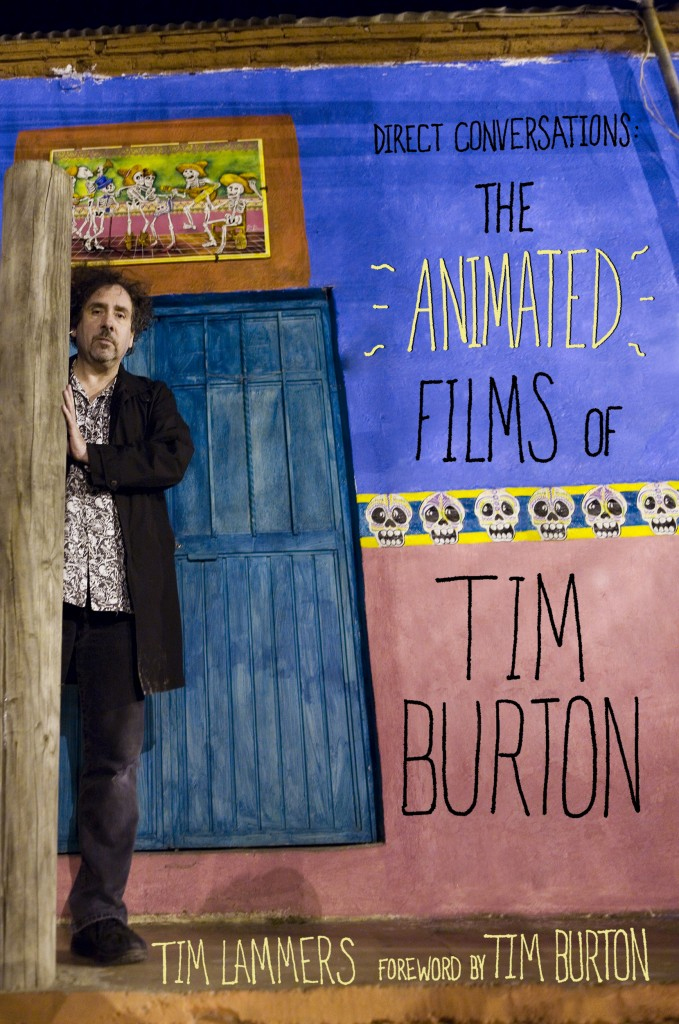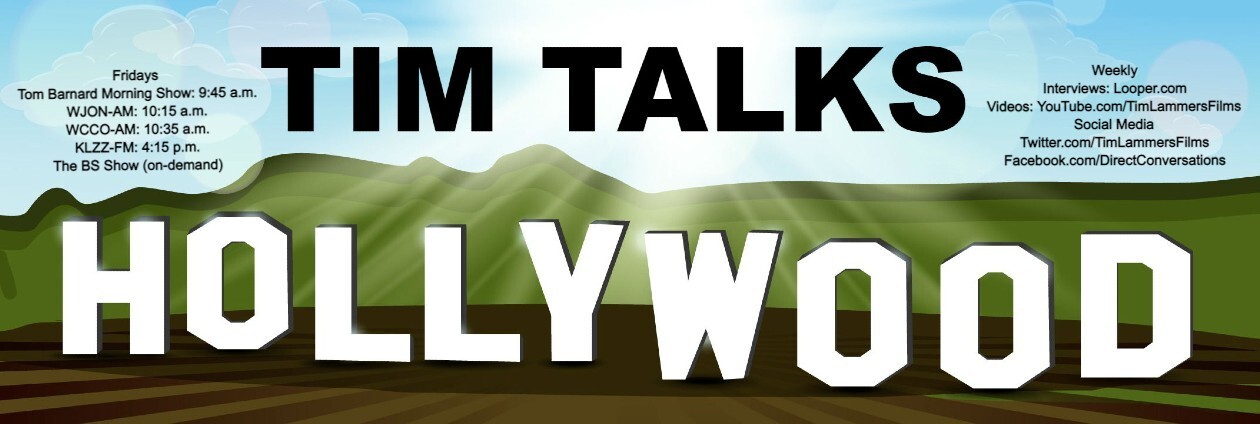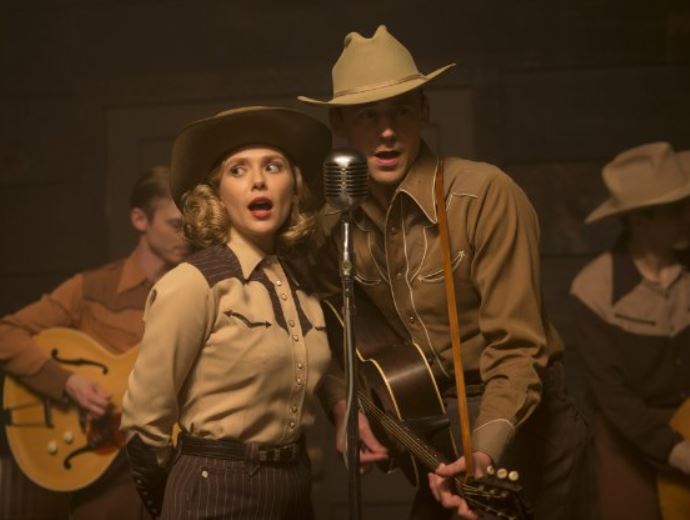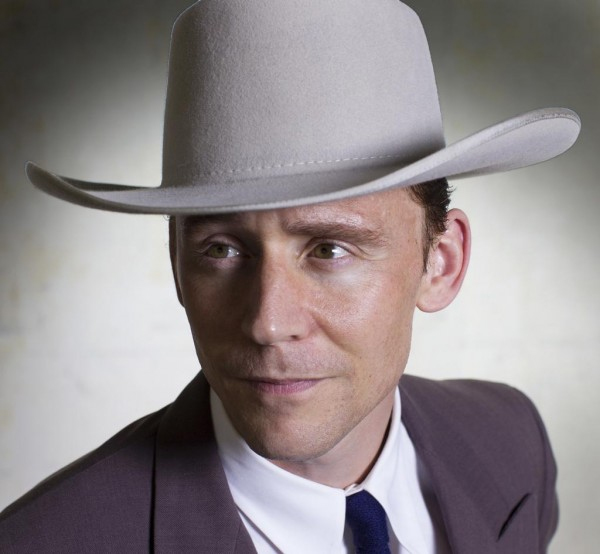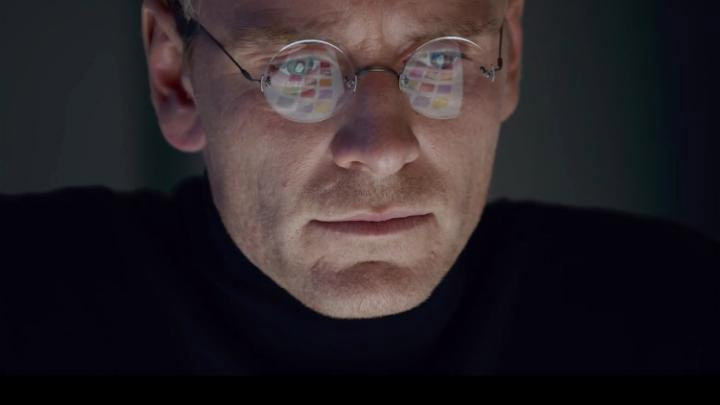Though he’s phenomenal playing Loki in the Marvel movie universe, acclaimed actor Tom Hiddleston isn’t about to rest on his laurels and settle into playing only the God of Mischief the rest of his career.
In fact, he’s continuing to take risks acting in different genres by doing everything from comedy to drama and horror; and with his new film, “I Saw the Light,” he’s strumming (and singing) a new tune, quite literally, as country and western music icon Hank Williams.
“When the script for the movie came across my desk, it seemed like the most foreign territory,” Hiddleston said this week in a phone conversation from Los Angeles. “Hank Williams’ life is so dissimilar than mine. I was born in London in 1981 and he was born in Mount Olive, Alabama, in 1923. He is so much a part of America in so many respects, and I’m British, and yet, there was a human soul in the screenplay that I could relate to because he was a performer, generosity of spirit and a joy in his performances. He garnered so much from the genuine connection he had with the audience and I can relate to that.”
On top of that, Hiddleston said he was fascinated with the musician’s “spiritual struggle,” and how the emotional pain expressed through his work often stemmed from the troubled relationship Hank had with his wife, Audrey (another Marvel film star, Elizabeth Olsen, the Scarlet Witch in “Avengers: Age of Ultron” and upcoming “Captain America: Civil War”).
“He was obviously wrestling with some pretty formidable personal demons,” Hiddleston said. “To me, the ultimate appeal that’s so much a part of acting is to satisfy my amateur interest in psychology. (Director) Marc Abraham’s great pitch to me was that he was making a connection to the great power of Hank’s great songs with Audrey, and the turbulent and passionate nature of his marriage gave Hank the inspiration to write great songs like ‘Cold, Cold Heart,’ ‘I’m So Lonesome I Could Cry’ and ‘Your Cheatin’ Heart.’ I thought that was a beautiful suggestion that the personal circumstances of this great artist generated such extraordinary music.”
In a separate interview, Olsen said while Audrey wasn’t as well-known as Hank, it didn’t make bringing the character to life any easier. After all, Audrey had to be believable character that audiences could relate to, because portraying the love and strife the couple shared was pivotal to the story.
“We wanted the fights to feel angry and important, and there were so many arguments,” Olsen said. “But, we also tried so hard to make sure that their love was very clear. When we had the opportunity to show the love that they had with each other, we needed to embrace that. You can’t care about someone falling out if you don’t believe in why they are together.”
Now playing in New York, Los Angeles and Nashville, Tennessee, and expanding to more theaters this week, “I Saw the Light” begins the night Hank and Audrey Williams was married, and follows the couple through their doomed marriage as Hank rises to the top of the music world – a rise and eventual fall that’s beset by Hank’s alcohol abuse and a painful, chronic back condition.
Suffering with Hank throughout his long bout with alcoholism was Audrey, and it was very difficult to contemplate how she dealt with the pain, Olsen said.
“At a certain point, obviously people who are dealing with their own demons, you can’t ever understand what that is and to be in their shoes,” Olsen said. “But to love someone deeply experiencing that and being on the other end of it, I think is a very painful place to live in.”
Sadly, Audrey met the same fate as Hank did, Olsen noted.
“She died of alcoholism as well, when she was in her 40s and there was a lot of pain, I’m assuming, on her part from being connected to his demons, and that conflict of living and loving that man,” Olsen said.
The film only follows Hank to his premature death in 1953 at age 29, revealing, that, while his career was on the downslide near the end of his life, he still wrote and performed classic pieces of Americana, such as “Your Cheatin’ Heart.”
“He was so authentic from top to bottom and beginning to end,” Hiddleston observed. “So the heartbreaking tragedy of Hank is, the more he suffered, the better his music was. There may be a part of him that was aware of that. Famously, in trying to appease Audrey, when they moved to Shreveport, he spent 1948 largely sober. He was on time, he was well-mannered, he was professional.
“The suggestion is, he didn’t write any good songs in 1948, and somehow the well dried up,” Hiddleston added. “I don’t subscribe to the belief that the more screwed-up your personal life is, the better your work. I think it’s possible to create great work from a healthy place, but Hank, as the facts say, he wrote some of his best songs when he was in the middle of enormous personal suffering.”
While Hiddleston perfectly embodies Hank in looks in “I Saw the Light,” perhaps more amazing is how he flawlessly sings the country music legend’s songs throughout the film. Hiddleston is humble in any praise he receives for his vocal performances, suggesting that we won’t see him on tour, guitar in hand, anytime soon.
“I’m not going to give up the day job just yet,” Hiddleston said, laughing.
